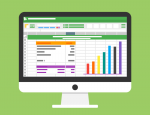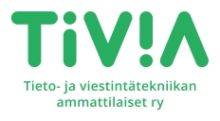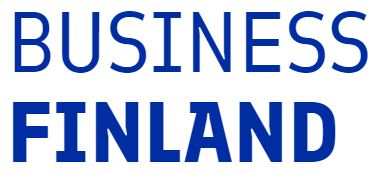Enterprise resource planning system (ERP) refers to a variety of business management softwares. ERP systems are used to collect, store, manage and interpret data from business activities. With ERP the organization achieves a whole picture of the company actions like production, sales, and finance.
Enterprice Resource Planning (ERP) is the digital core of a company
ERP systems are often the digital core of the company functions especially at the fields of industrial manufacturing and retail sector. On the other hand in SME’s and many organizations at the other industries multiple digital services work as organizations Enterprise Resource Planning software. Hence ERP can be for instance a customized web-service of the organization or another software like Salesforce that is not usually perceived as an ERP software. Many organizations run their business without ERP and survive with for instance email, task lists and invoicing software.
Customized ERP or ERP software?
The benefit of customized ERP models is that the enterprise resource planning can be implemented exactly in the manner that the organization wants while with ERP Softwares the organization must modify its actions according to the chosen software or alternatively make costly edits. The benefits of ERP softwares include faster implementation and outsourced product development.
Enterprise Resource Planning is a suite of integrated applications
Enterprise resource planning software is typically a suite of integrated applications with an integrated core system and a common database that supports all the applications. The applications may vary depending on the needs of the business and the Enterprice resource planning software used. Typically ERP systems are ready-made packages by the manufacturer, which can be custom configurated to fit the needs of a single customer. The systems can be extended also with third-party extension software.
ERP provides a continuously updated view of core business processes
ERP system provides a continuously updated view of core business processes using common databases maintained by a database management system. Enterprise resource planning systems track business resources and business commitments such as cash, materials, production capacity, orders, purchase orders and payrolls.
The benefits of enterprise resource planning system
The advantage of using an enterprise resource planning system is that the integration of business processes saves time and expense. Data becomes accessible and can be efficiently utilized to refine business practices. ERP helps upper level management by providing information for decision making.
Most used ERP systems
Some of the world’s most used ERP systems include Microsoft Dynamics, Odoo, Sage, Oracle Netsuite, Deltek, SAP S/4HANA and Oracle ERP Cloud.
Additional information resources about Enterprice resource Planning
Microsoft Dynamics
Odoo
Sage
Oracle NetSuite
Deltek
SAP S/4HANA
Oracle ERP Cloud
Ite wiki functions as the open marketplace for the b2b software industry in Finland. Find finnish ERP software providers here.










































